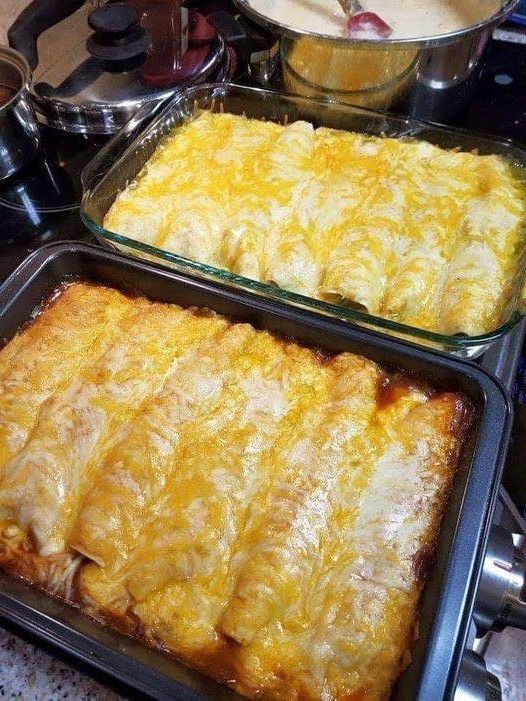ADVERTISEMENT
Nostalgic Marketing: The Era of Freebies with Household Products
Introduction
There was a time when the purchase of everyday household items often came with a delightful surprise: free products. These marketing tactics not only boosted sales but also created lasting memories and a deep sense of brand loyalty. This essay explores the era of promotional marketing where products like laundry detergent were sold with free dishes, examining the impact of such strategies on consumer behavior and brand success.
Body
The practice of including free items with purchases, particularly in household goods like laundry detergent, flourished in the mid-20th century. Brands like Duz detergent leveraged these giveaways as a powerful marketing tool to stand out in a crowded marketplace. By offering dishes, glasses, or towels inside their product packaging, companies were able to create an emotional connection with their customers, turning routine purchases into exciting shopping experiences.
This strategy also reflected the economic and social climate of the time. During the post-war era, consumers were enthusiastic about products that offered added value, as many were looking to rebuild their household collections without substantial expenses. Freebies served as a practical attraction, encouraging consumers to choose one brand over another based on the perceived value of the gift inside.
Moreover, these marketing tactics have deep psychological impacts. They rely on the principle of reciprocity, where the act of receiving a gift, even a small one, engenders a sense of obligation and favorable bias towards the giver, in this case, the brand. Additionally, the excitement of discovering a free item in a product can create a memorable customer experience, enhancing customer satisfaction and loyalty.
The collectible nature of these items also meant that customers might continue purchasing the same brand to complete a set of dishes or glasses, ensuring repeat sales. This strategy was particularly effective in building brand loyalty, as it tapped into the collector’s spirit, making the purchase about more than just the product itself.
ADVERTISEMENT
Conclusion
The era of promotional freebies with household items like laundry detergent represents a fascinating chapter in the history of marketing. It highlights how creative strategies, when aligned with the economic and psychological landscape, can significantly enhance consumer engagement and brand loyalty. Today, as we look back on these marketing tactics, they evoke nostalgia and a reminder of the simple joys of past shopping experiences. While modern marketing has evolved with technology, the underlying principles of offering added value and creating emotional connections with consumers remain relevant. Reflecting on these practices provides valuable insights into the timeless nature of effective marketing strategies and the enduring human response to them.




